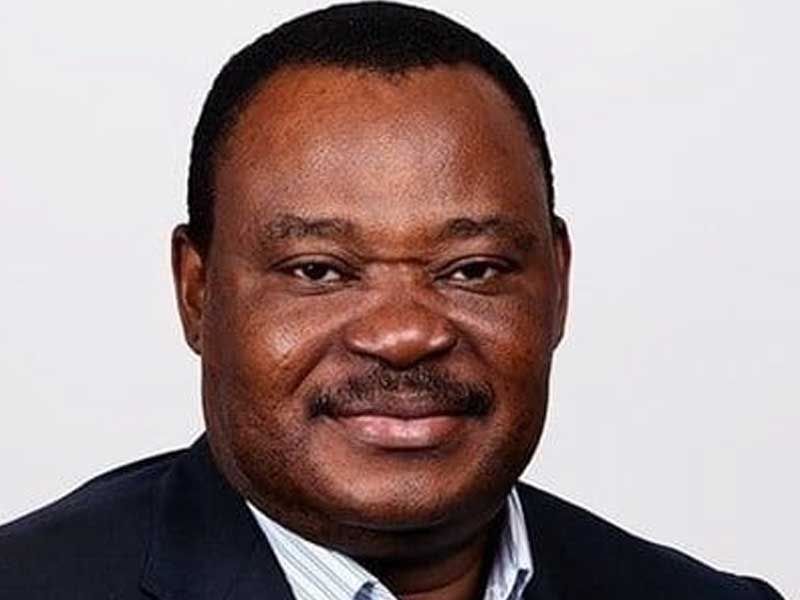The senator representing Ondo South in the Nigerian Senate, Senator Jimoh Ibrahim, has challenged the International Monetary Fund and the World Bank to present evidence contradicting the claim that Nigeria is currently the 42nd largest economy in the world.
The IMF has said Nigeria ranks among the world’s poorest countries by GDP per capita in 2025, which it said stands at a meagre $800, placing it 15th on the global poverty index and firmly in the company of war-torn and fragile states such as Somalia ($800), Niger ($800), and the Democratic Republic of Congo ($700).
A scan across the subregion reveals an equally distressing picture. Liberia, Sierra Leone, and Mali each report GDP per capita levels below $1,000, at $900 apiece, reflecting persistent underdevelopment and limited industrial capacity.
The Gambia and Chad both fare marginally better, at $1,000 and $1,100 respectively, while Guinea and Burkina Faso sit at $1,900 and $1,100—a slight improvement but still below global thresholds of prosperity.
Ibrahim, in his reaction, criticised the IMF for overlooking the country’s total GDP, which primarily influences the per capita income, emphasising that President Tinubu’s administration had never stated that Nigeria faces no challenges. According to the senator, the debt, at 127 percent of GDP, is a significant concern facing the American economy.
He said Nigeria struggles to translate its large GDP into higher per capita income, a problem the government is addressing with the Hope Agenda. He added that the executive order aims to tackle the complexities of America’s $34 trillion debt.
Ibrahim said the IMF and World Bank often show data from only one standpoint on the balance sheet. He suggested these organisations should concentrate on their internal problem of increasing consultancy fees, highlighting that the IMF and World Bank are epiphenomena without independent authority.
Ibrahim stated that the skill gap in the public sector hinders the effective execution of the government’s good intentions, adding the government aims to address this problem through a significant restructuring policy.
Noting that reforms are underway, and promoting the knowledge economy has become a top focus, he said per capita income is projected to increase gradually over time.
Ibrahim emphasised that eradicating or reducing poverty was a shared responsibility, adding that Nigeria’s actual GDP is $363 billion, with a per capita income of $1,597, as opposed to the $808 mentioned by the global financial institutions,















